If an employee leaves your business and takes confidential information to use for his or her own gain, you may have grounds for legal action under the North Carolina Trade Secrets Protection Act. This statute defines misappropriation of trade secrets and outlines available court remedies for this action.
Learn how to shield your business’s trade secrets and explore whether you may be eligible for damages.
What is a trade secret?
Any information that creates or could potentially create value for your business constitutes a trade secret if you have made reasonable attempts to keep it confidential. Examples include databases, processes, techniques, documents, devices, computer programs and formulas. If another party can easily develop or reverse-engineer the information in question, it is not a trade secret.
What constitutes misappropriation?
Under state law, misappropriation occurs when another person, business or entity uses, discloses or acquires trade secrets without your consent or authority. However, if the third party in question got the trade secret from someone who had the right to disclose it or through reverse-engineering or independent development, misappropriation has not occurred.
What are the available legal remedies for misappropriation?
You have three years to file a lawsuit for misappropriation of trade secrets in North Carolina. If you are able to prove misappropriation, the court may order:
- An injunction that requires the defendant to discontinue these actions and keep the trade secrets confidential
- Economic damages that reflect the harm to your business caused by misappropriation of the trade secrets, which may include any profits the defendant obtained from these actions
- Punitive damages and attorney fees if the defendant acted maliciously or willfully
Keep in mind that you cannot pursue a lawsuit unless you have taken steps to shield your company’s trade secrets from public knowledge. For example, you should carefully control access to this information and clearly label confidential information as such. Employees should also sign non-disclosure agreements and non-compete agreements that specifically limit the use and disclosure of trade secrets.
